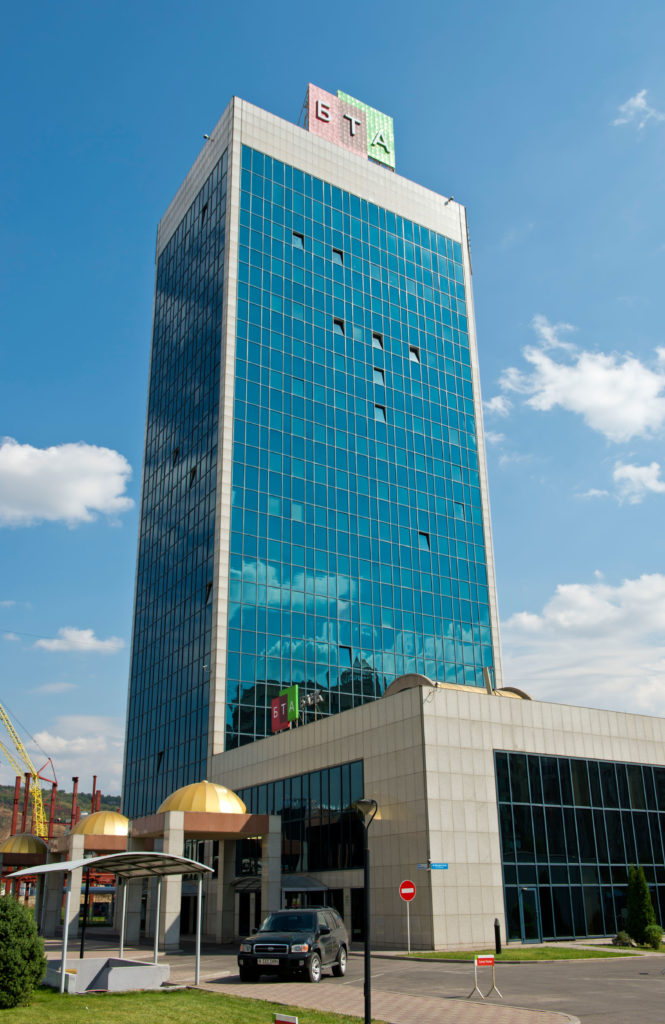NUR-SULTAN
Kaspi.kz, the largest fintech company in Kazakhstan, intends to acquire BTA Bank Ukraine and expects to complete the purchase in the first half of 2022.
The bank has no branches or loan portfolio. Kaspi has said the reason for its acquisition is the presence of a banking licence, which would allow the company to create mobile wallets, accounts and provide customers with access to payment and fintech products. The bank did not provide any other details about the planned acquisition.
BTA Bank Ukraine belongs to the Kazakh group BTA. Last year, the group announced that it had received permission to sell BTA Bank Ukraine to an unnamed Belarusian businessman. However, the completion of the deal was not announced, Vlast.kz reported.
Earlier this year, Kaspi Pay, a wholly-owned subsidiary of Kaspi.kz, completed the acquisition of the Ukrainian payment company Portmone Group, getting access to payment licenses in Ukraine.
“With the banking licence and the Portmone payment licence, we are in a strong position to replicate our strategy of (building) the Super App in Ukraine,” Kaspi said in a statement.
The company said that the 42-million Ukrainian market was interesting as it was characterised by a high-level of use of cash, a low level of penetration of e-commerce and a high level of use of smartphones.
Kaspi.kz positions itself as a Super App – one application in which dozens of different functions are available: payment system, banking products, marketplace, etc.
In October, Kaspi.kz held an initial public offering (IPO) in London, during which it raised $870 million, and capitalisation amounted to $13 billion.
In July, S&P Global revised the outlook for Kazakhstan’s Kaspi Bank, a core component of Kaspi.kz’s fintech platform, to ‘Positive’, citing strong asset quality, solid operating performance and shift towards BNPL (Buy Now Pay Later system) and merchant financing.
The rating agency has reaffirmed its BB-/B rating and ‘kzA’ Kazakhstan national scale rating on Kaspi Bank.
S&P said that the bank’s operating performance remained strong in 2020 and in the first quarter of 2021.

